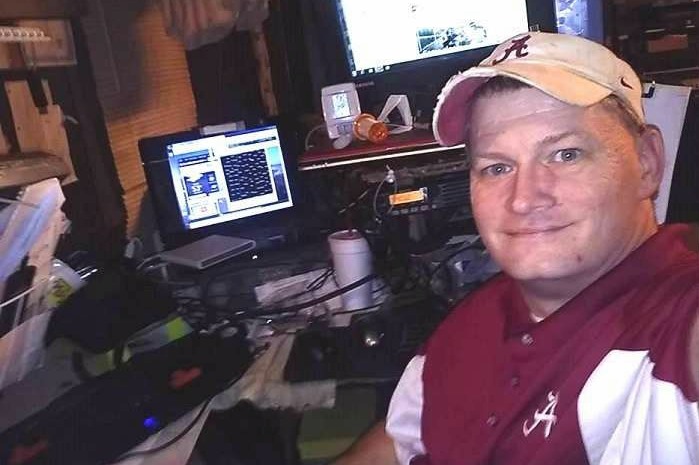All good technical writers go to heaven
I’m a reasonably technology-savvy guy. I’ve owned computers pretty much since it was possible to do so. I have an embarrassingly large collection of gadgets. But since getting into ham radio a bit, I’ve developed some ideas about technical documentation, manuals, and so on. I’m writing this, of course, after spending hours trying to work my way through a digital scanner manual which is massive, detailed, and about 97% worthless. I’ll probably try it over and over again. However, right now, the manual is in the bottom of my kitchen trashcan under a layer of moldy scalloped potatoes. I’ll fish it out at some point. Then I’ll take it out, put it on my driveway and run over it several times. Then I’ll burn it and dance in circles around the little paper fire. Not that I am frustrated or anything.
First, let’s get this digital scanner issue out of the way. The darn thing clearly will do everything except clean your refrigerator. (By the way, I looked–your fridge needs cleaning.) So, it would absolutely be a challenge to write documentation for such a product. Remember the inverse relationship between user-friendliness and the number and complexity of functions. The more stuff a piece of technology will do the less user-friendly it is. That said, why jam a zillion obscure capabilities in a product if those functions are so hard to use that they limit the customer to the geekiest of the technogeeks? Also, three words: Quick Start Guide.
Then you have the problem of translation from Chinese and Japanese. This is no small matter. Like most ham radio operators, I have an interest in Asian poetry. I have a particular book of haiku that shows the original poem in Japanese. Then it has a very literal translation into English which almost never makes any sense at all. Then this book shows multiple translations of the same Japanese into English–and it can be stunning how different they are. That is because the translators have to interpret, not just transliterate. Now, I know a radio manual isn’t talking about the morning dew on an evergreen branch, but good translation, particularly from Asian languages, is a highly complex (and expensive-to-hire) skill. However, in fairness, I’ve got piles of useless manuals written in English by guys from places like, you know, Wisconsin.
There ought to be a law. One law there ought to be is that TV shows should not be allowed to have any doorbell sounds in them because when a doorbell rings on TV I think it’s my damn doorbell and I get up and answer the door and there’s nobody there.
Another law is that the engineers who design a piece of technology should not be allowed to write the documentation.
Now, there is an obvious argument for engineers writing the manuals for products they developed. They know them more than anyone. No wait, they are the ONLY people who know their products. But the problem with engineers communicating clearly is that (a) they are engineers, (b) they are too close and too familiar with their own product. When they are writing documentation, much of what they are writing about is so second-nature to them, they can’t take on the perspective of a new reader who is unfamiliar with the product.
(I mentioned that engineers writing their own product documentation ought to be illegal. This requires penalties. And, yes, you’ve already thought of the best penalty. Engineers caught writing their own manuals have to spend a few months reading other engineers’ manuals.)
Ideally, engineers should sit down with technical writers with no knowledge of the product. If they can’t find a technical writer, a high-school English teacher will do. That forces them to keep going over these complex details until the writer gets them and can communicate them as only good writers can. Alternately, if they can get my 8-year-old granddaughter to understand that you can
Press Func to display Site QK in Scan mode (easier to find Department if you Hold on System first). D# is first digit of Site QK. Blinking number on the right is second digit of Site QK
she can write an Asia-form Chinese poem about it and illustrate it with crayons. And that would be better than the typical documentation.
This is why I’m quitting my job, learning Chinese and Japanese, getting a degree in electrical engineering, another in software design, and becoming a technical writer. The money will just come rolling in. I also want to be a cowboy.
Dale
N4HEY
